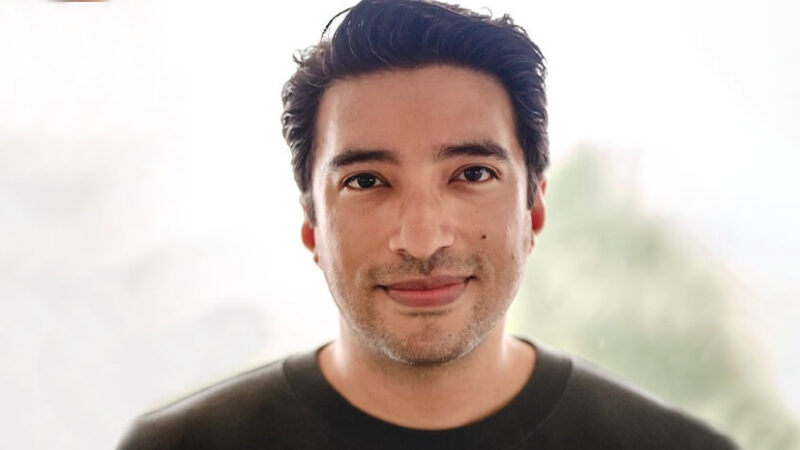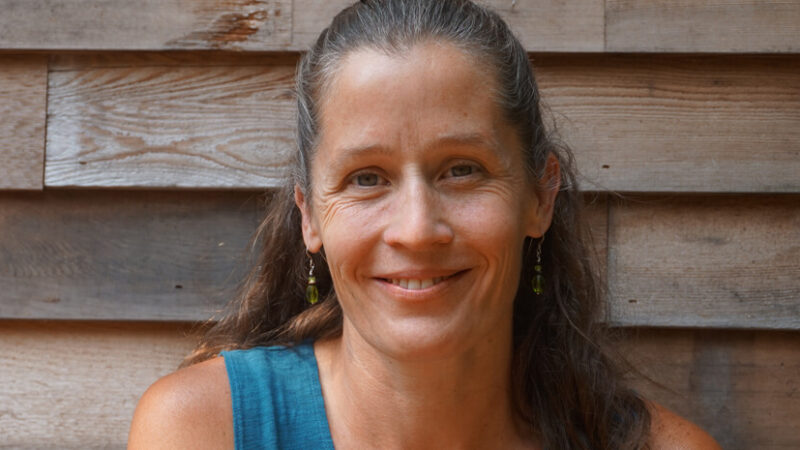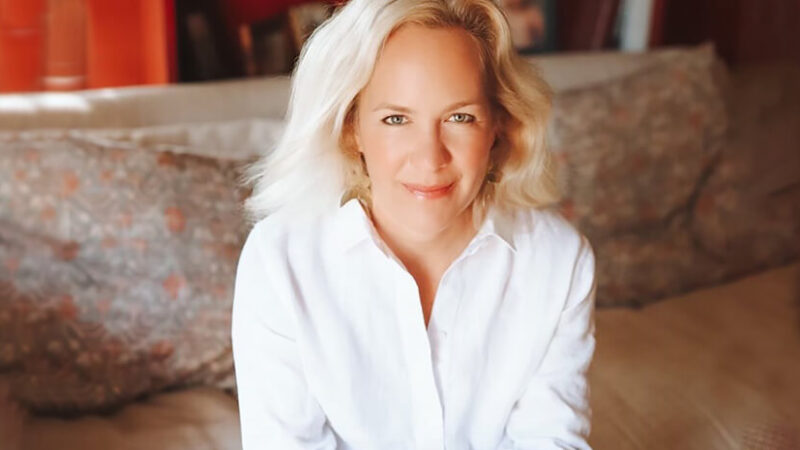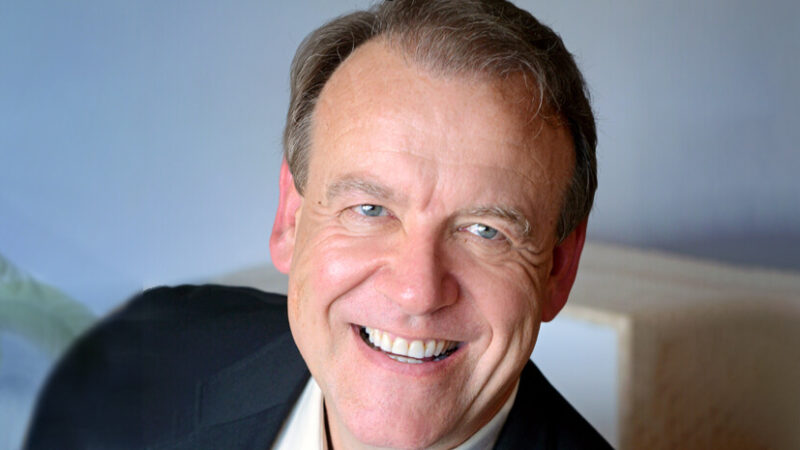Christopher Willard: How We Grow Through What We Go Th...
Most of us are familiar with the concept of post-traumatic stress. Fortunately, there’s another way we can respond to extreme adversity. This is what researchers call post-traumatic growth—and it’s something we’re all biologically “hardwired” to access, to turn even our most difficult experiences into a source of resilience and strength.
In this podcast, Tami Simon speaks with clinical psychologist and author Dr. Christopher Willard about “how we grow through what we go through”—which is also the title of his new book. Tune in as they explore how meditation can literally be lifesaving; avoiding the trap of spiritual bypassing; the “10,000 joys and 10,000 sorrows” of our lives; embodiment practices and nervous system self-regulation; mindfulness and the capacity to respond rather than react; the practice of stretching the breath; acting ourselves into a new way of thinking and feeling; how there are many ways to healing and recovery—and finding the best for yourself; the power of posture; the connection between self-compassion and personal transformation; the practice of putting your hand on your heart; becoming a source of co-regulation for others; the concept of downstream and upstream reciprocity; and more.






